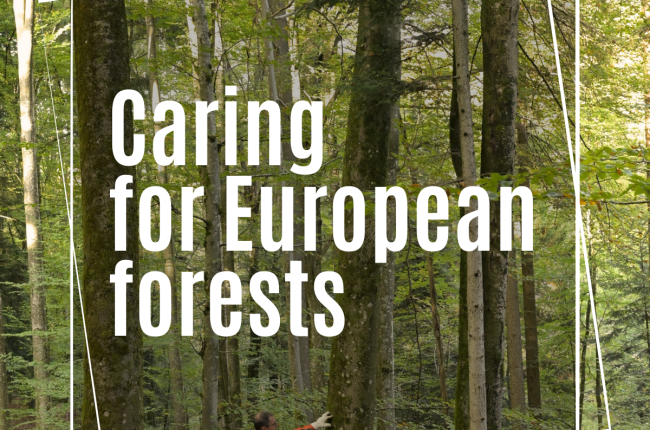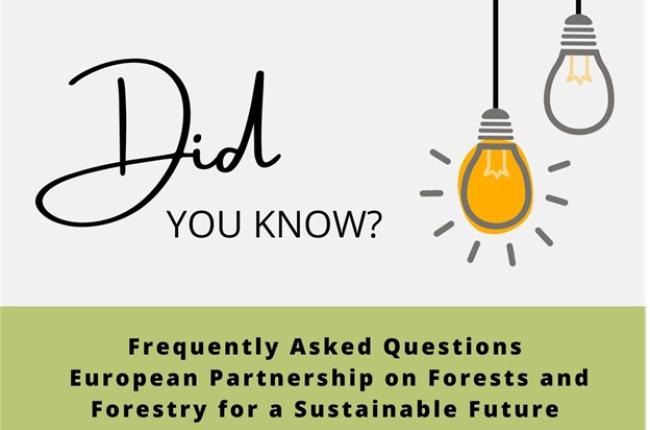Ten years after the first EU Bioeconomy Strategy was adopted, we consider that more can be done at EU and Member States level to enable its development. The bioeconomy sectors and their role in decarbonising Europe, despite many concrete achievements, remains relatively poorly understood by the general public and its decision makers.
That is why we welcome the newly adopted Council conclusions on bioeconomy with a focus on rural areas’ socio-economic and environmental sustainability, and the key role of farmers, forest owners and managers and agri- and forest cooperatives in achieving this. These conclusions should serve as a basis for a debate that needs to be continued with EU institutions, Member States and relevant stakeholders.
Alongside the Council conclusions, we consider that EU institutions and Member States should focus on the "four S": Scale, Speed and Skills and with Sustainability as a cross-cutting issue. To increase speed and scale in implementing bioeconomy, the European Commission should consider introducing bioeconomy as a specific objective in other policies, and instruments in addition to the CAP. The sustainable management of natural resources is and should continue to be at the core of the bioeconomy strategies and initiatives. When it comes to skills and knowledge more effort should be considered to support education and training in regions and rural areas that only marginally use their potential
To prolong this important debate Ceja, CEPF, Copa and Cogeca and Eustafor will organise on 30 June a joint seminar with the participation of the Swedish Presidency, the European Commission, Bioeast initiative that will focus on some key asks from the Council conclusions. The conclusions of this event will be used as recommendations from the primary producers to the future European Parliament and Commission but also to the Member States to increase their political commitment and have bioeconomy on their priority list for the next period.
About us
CEJA is the voice of Europe's next generation of farmers to the European institutions. CEJA acts as a forum for communication between young farmers and European decision-makers. Its main objective is to promote a younger and more innovative agricultural sector across the EU-27 and to create good working and living conditions for young people setting up in farming and those who are already “young farmers”. More information www.ceja.eu
The Confederation of European Forest Owners (CEPF) represents national forest owner organisations in Europe. At EU level, CEPF promotes the values of sustainable forest management, private property ownership and forest sectors’ economic viability. More information www.cepf-eu.org
Copa and Cogeca are the united voice of farmers and agri-cooperatives in the EU. Together, we ensure that EU agriculture is sustainable, innovative and competitive, while guaranteeing food security for 500 million people throughout Europe. More information www.copa-cogeca.eu
The European State Forest Association (EUSTAFOR) represents state forest companies, enterprises and agencies that have sustainable forest management (SFM) and sustainable wood production as major concerns. More information www.eustafor.eu
For further information, please contact
|
Oana Neagu Director, General Affairs oana.neagu@copa-cogeca.eu |
Jean-Baptiste Boucher Communication Director +32 474 84 08 36 jean-baptiste.boucher@copa-cogeca.eu |
|
Marion Picot Secretary-General CEJA
|
Fanny Pomme Langue Secretary-General CEPF
|
|
Piotr Borkowski Executive Director Eustafor
|
|




